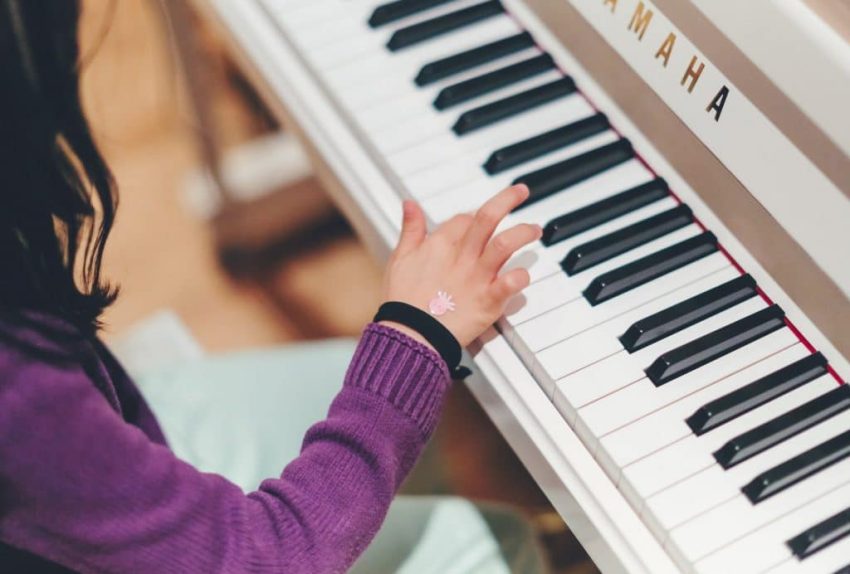Piano lessons can act as a powerful tool in enhancing the quality of life for autistic children. Through structured learning and creative expression, these lessons offer numerous benefits that go beyond musical skills.
The Benefits of Piano Lessons for Autistic Children
Developmental Advantages
Piano lessons can have a remarkable impact on the cognitive and social development of autistic children. Some of the key benefits include:
- Improved Motor Skills: Playing the piano strengthens fine motor skills and hand-eye coordination.
- Enhanced Concentration: Focusing on reading sheet music and playing tunes boosts attention span and concentration levels.
- Sensory Integration: The tactile feel of piano keys and auditory stimuli help in sensory processing.
Emotional and Social Growth
Beyond developmental gains, piano lessons can positively influence emotional and social wellbeing:
- Emotional Expression: Music offers an outlet for expressing emotions that might be difficult to communicate verbally.
- Social Interaction: Group lessons and recitals provide opportunities for social engagement and teamwork.
- Self-Esteem Boost: Mastering a piece of music can significantly enhance a child’s self-confidence and sense of achievement.
Choosing the Right Piano Teacher
Selecting a piano teacher who understands the unique needs of autistic children is crucial. Here are some qualities to look for:
Read more about Piano lessons for Autistic Child here.
- Experience: Look for teachers who have experience working with special needs children.
- Patience: An understanding and patient demeanor is essential.
- Adaptability: The ability to adapt teaching methods to suit the individual needs of the child.
FAQs About Piano Lessons for Autistic Children
Are piano lessons beneficial for non-verbal autistic children?
Absolutely! Music can serve as a form of non-verbal communication and emotional expression, offering significant benefits to non-verbal children.
How do piano lessons help with sensory processing issues?
Piano lessons provide controlled sensory input through both tactile and auditory means, helping children integrate sensory experiences more effectively.
What is the ideal age to start piano lessons for an autistic child?
The ideal age can vary, but children as young as 4 or 5 can start piano lessons, especially if they show an interest in music.
In conclusion, piano lessons for autistic children can be incredibly beneficial, offering a combination of developmental, emotional, and social advantages. With the right teacher and approach, these lessons can unlock a world of potential and joy for autistic children.




